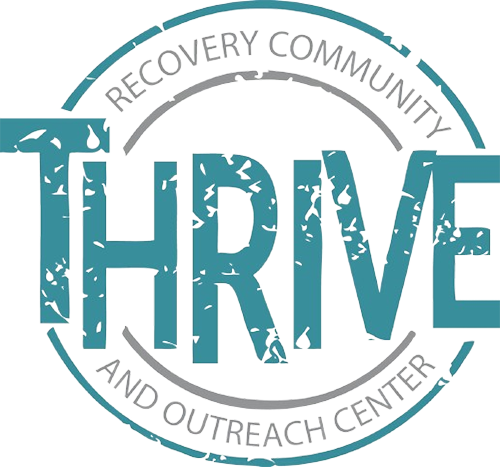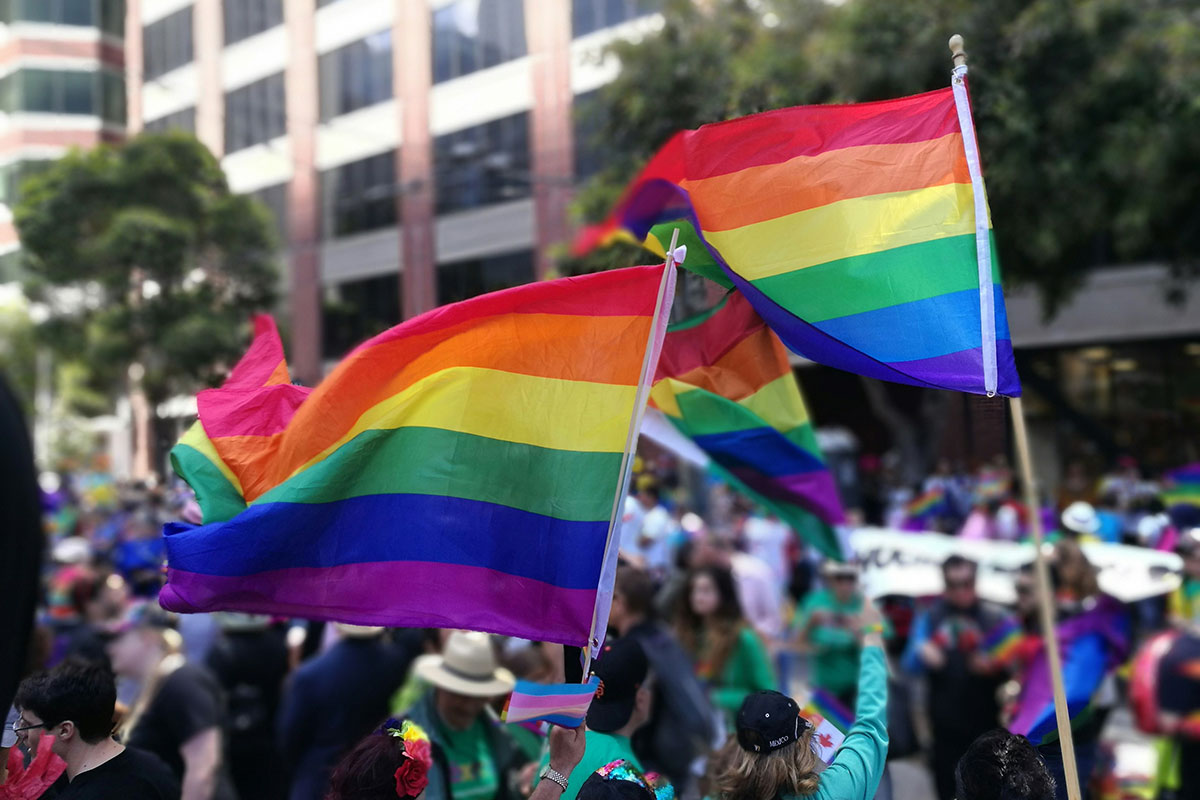I grew up being called a “tomboy”. I was more likely to be digging in the dirt and playing with toy trucks than dolls. That doesn’t mean anything, of course, but looking back I wonder if that was one of the first indications I would not identify as straight. My parents encouraged me to be who I was and play with whichever toys I preferred. No one batted an eye when I wanted toys that were typically marketed to boys, and I had an excellent collection of Matchbox cars by the age of five.
Adolescence was a hard time for me because I was abused and bullied for being different. I joined in with my female friends talking about their crushes on boys, but never brought up the girls I had crushes on. I began abusing marijuana, which helped with the pain and shame I felt from being abused and bullied. It did not get rid of the feelings I had about the girls in my school or the women I saw on television.
Sixteen was a confusing age for me. I had started abusing alcohol along with marijuana, and often used being under the influence as an excuse for finding women attractive. I developed a serious crush on a female friend that I did not understand. And I continued to blame the feelings I had about women on the alcohol. I threw myself into heteronormative relationships, moving from one boyfriend to the next, ignoring the feelings I had about women. When I found a boy that was willing to stick with me long term, I married him and built a life with him. I decided that drugs were a problem and stopped using marijuana and cocaine. I was proud of my new-found sobriety and assured myself that alcohol wasn’t my problem.
Marrying the man I loved and stopping my drug use did not stop the feelings I had toward women, it just made them more confusing. Here I was, happily married with a comfortable life. Yet I was drinking to excess on a regular basis, blaming my inappropriate behaviors (inappropriate only because I was married) with other women on the alcohol. I would joke about being a lesbian except for my husband because I rarely found men attractive like my female friends did – I was more likely to be find the same women attractive that my male friends did. I was mentally unhealthy as well, regularly experiencing terrifying thoughts and images that drove me to dark places. I struggled to figure out why I found women so attractive while I was married to a man who I loved and was attracted to. That drove me even further into dark places, and alcohol was the one thing that helped me forget, that made me feel like I could claw my way out of those dark places.
It was social media that helped me realize what was going on: I was bisexual. I followed social media pages that supported LGBTQ+ rights and discussed different sexual and gender identities. I started thinking about my attractions in different ways, and realized that there was nothing wrong with being attracted to both men and women. I discussed my sexuality with my husband and assured him it did not change how I felt about him, and luckily he understood. I mentioned it to my mother, who was supportive. I started to talk more about being bisexual in 2012, but did not officially come out.
I experienced bi-erasure, or the erasure of bisexual people in the LGBTQ+ community. As a bisexual woman in a heteronormative relationship (an opposite-gendered relationship, typically between a male and a female), my bisexuality was questioned. I learned about bi-erasure in the community, and how often bisexual people who partner with someone of the same identified gender are considered gay or lesbian, and those who partner with someone of the opposite identified gender are considered straight. People told me I wasn’t bisexual, I was straight because I married a man. It was then that my drinking became increasingly problematic. It was like I had finally found where I belonged and was once again being told my feelings were wrong. Those dark places started feeling more familiar again.
I decided to stop drinking for many reasons, none of which had to do with my sexual identity. But sobriety has really helped me come to terms with my identity. I have been out since 2014 and have actively worked to educate people in my life about acceptance, bi-erasure, and the importance of choosing our words carefully. After my marriage ended and I reentered the dating scene, I once again experienced bi-erasure because of my heteronormative marriage. Women I was interested in did not take me seriously because I had just come out of a long term straight relationship. Both men and women I was interested in discounted my bisexuality and experiences, telling me I was confused or outright wrong. Some of the feelings of shame came back, but I know that my sobriety and my sober support network helped me address them in a healthier way.
My sobriety has helped me to live authentically. I am a proud bisexual woman in recovery from drugs and alcohol, living as who I am and not who others expect me to be. Recovery means a lot to me, and it has allowed me to experience so many gifts in sobriety, but being able to live authentically is the best gift I have received.
-THRIVE staff member

